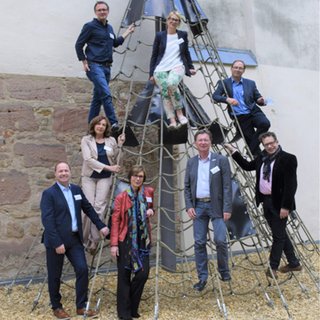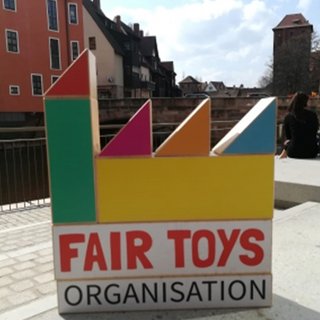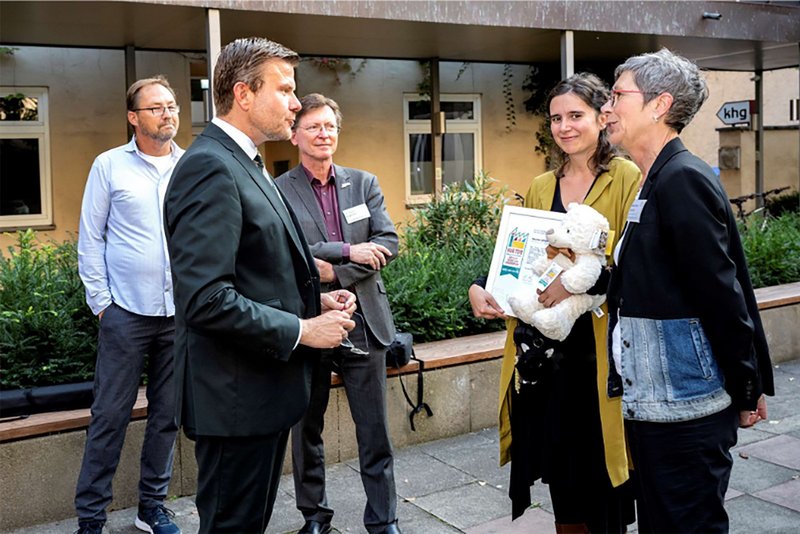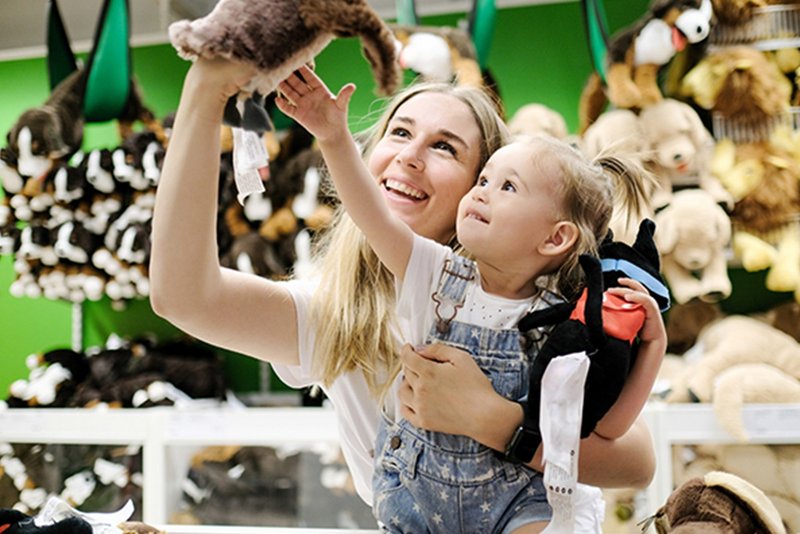
Pioneering transparency: Fair Toys Organisation

by Thomas Tjiang
When it comes to cuddly stuffed animals and other toys, customers are increasingly considering the story behind products in addition to brand and price. Parents and other gift-givers are now asking about the origin of toys as well as, for example, labour and human rights or environmental concerns in relation to their production. This is where the visionary initiative of the newly established Fair Toys Organisation comes in. The product safety of any toy is one factor worth considering, but the labour and production conditions under which it was manufactured should not be overlooked either. Founded in the toy city of Nuremberg in 2020, the Fair Toys Organisation (FTO) has been working on establishing a new international seal covering these aspects. The aim is to create transparency about social and environmental standards for manufacturers and retailers in the industry as well as their customers. “Unfortunately, there are still some people in the industry who don’t think about such aspects”, said the FTO’s Steffen Kircher.
International guidelines affirm the FTO’s approach
Manufacturers in the industry have already come a long way in terms of product safety. Now there is an increasing focus on the social and environmental aspects in the toy sector as well. More than 100 years ago already, the International Labour Organisation, the oldest specialised agency of the United Nations (UN), set forth initial standards for humane conditions of labour. In this millennium, the UN Guiding Principles on Business and Human Rights and the UN’s 17 Sustainable Development Goals (SDG), for example, indicate the way forward. This includes, for instance, the eradication of poverty and hunger, access to clean water and the establishment of sustainable consumption and production methods globally.
EU requirements for non-financial reporting
In Europe, the EU is working on a due diligence directive with a view to supply chain responsibility. In Germany, the recently adopted Act on Corporate Due Diligence in Supply Chains already places related requirements on larger companies and, indirectly, their suppliers. A Corporate Sustainability Reporting Directive (CSRD) is also in the pipeline. Although this will initially apply to larger businesses only, many small and medium-sized enterprises (as are typical in the toy world) will in the long term also be expected to prepare non-financial reports.

FTO developing practical criteria
Toy manufacturers and retailers are collaborating with associations and civil society organisations to develop industry-specific criteria for the FTO seal planned for 2023. “This will promote social and environmental responsibility in addition to product safety”, explained Steffen Kircher. Instead of completely reinventing the wheel, existing and proven audits will be taken into account. Furthermore, the seal should set out a multi-step path for implementation.
In addition to an assessment of the actual situation, the individual steps will also provide for an annual plan of action and a fair performance check by the FTO. If a relevant level is then achieved, the future FTO seal will be awarded. “Our goal is to make it feasible for our members to ensure fair conditions in respect of labour laws, wages and environmental protection”, continued Steffen Kircher. The focus is less on exclusion and more on providing a practical way to achieve the objectives.
Steffen Kircher also believes there is further added value to be gained from FTO engagement. “Since Greta Thunberg at the latest, the debate about sustainability has reached many consumers.” He has also noticed a shift in purchasing policy towards fair and sustainable products among many public buyers, such as schools and daycare centres.
Combining sustainability and cost-effectiveness
Spielwaren Krömer, with over 20 stores in the south of Germany, is one of the FTO’s founding members. Owner Christian Krömer wanted to “set an example in the industry from the outset”. At the end of the day, the topics focused on by the FTO are so important that they have to be addressed. Right now, he is carefully examining and systematically scrutinising his entire processes. “In the medium term, the challenge lies in combining sustainability and cost-effectiveness.” He has already tackled a number of issues internally in order to improve environmental performance, for example.
sigikid CEO Axel Gottstein has also confirmed his corporate commitment as a founding member of the FTO. “Consumers are essentially aware of the issue and it’s becoming increasingly important.” He is committed to the work of the FTO, as the organisation gives manufacturers, retailers, religious initiatives and even the Nuremberg Human Rights Centre the opportunity to pull in the same direction. “This is not greenwashing.”
About the author
Thomas Tjiang freier Wirtschafts- und Lokaljournalist, Referent und Kommunikationsberater. Seit Anfang der 1990er Jahre hat er für alle Medientypen, wie Tages- und Monatspresse, Hörfunk, TV, Nachrichtenagentur und Online-Redaktionen gearbeitet. Der Literatur- und Kommunikationswissenschaftler lebt seit über 30 Jahren in Nürnberg.




